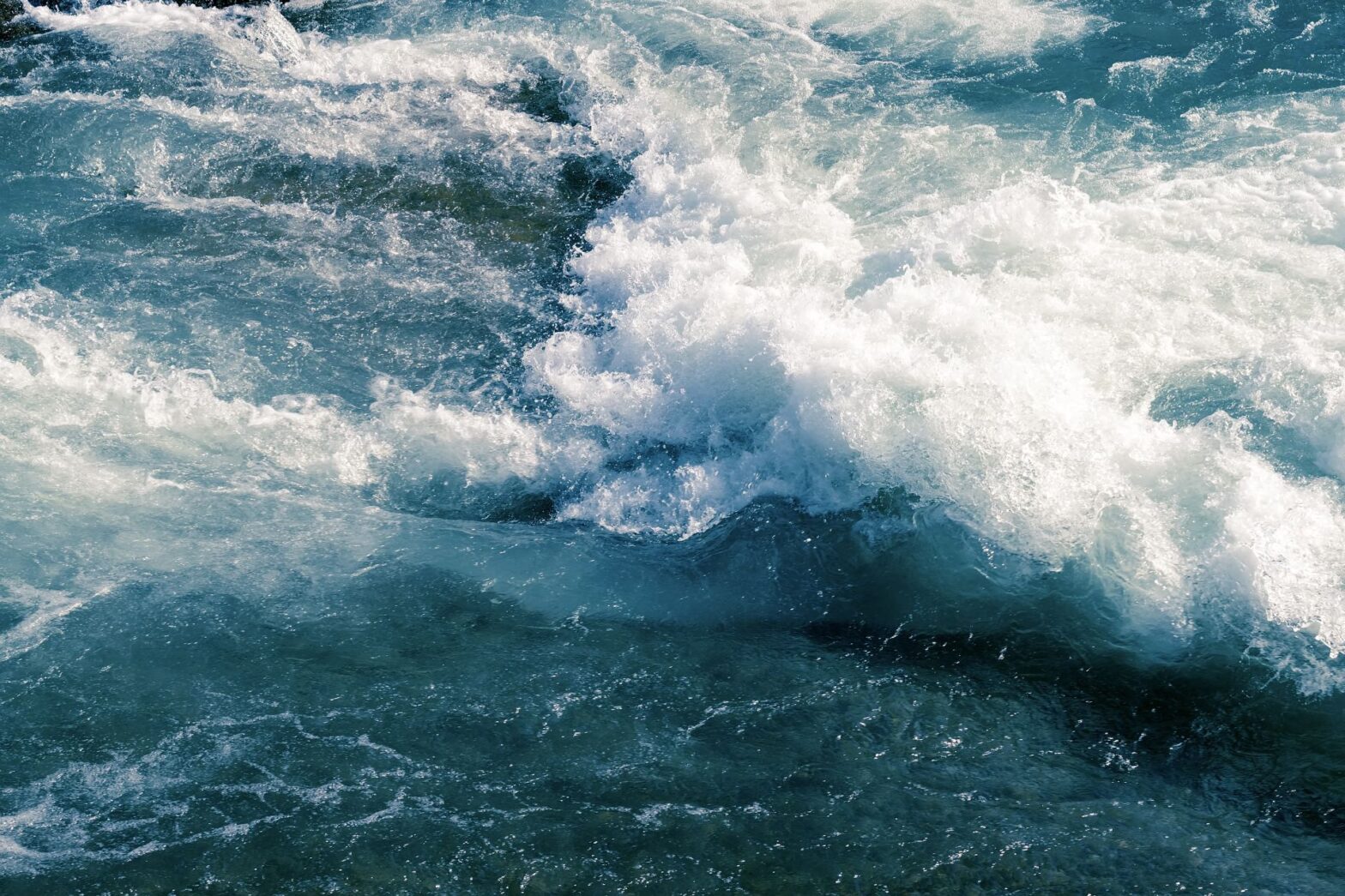Urgent deadline: Duty to conserve the biological diversity of the high seas and deep seabed
From 19 to 30 August the nations of the world met at United Nations Headquarters in New York for the intergovernmental conference to negotiate a new international legally-binding agreement under the UN Convention on the Law of the Sea on the conservation and sustainable use of marine biological diversity of areas beyond national jurisdiction (BBNJ IGC) pursuant to UN General Assembly resolution 72/249. This meeting was the third of four sessions of the BBNJ IGC that have taken place during 2018 and 2019, with the final session scheduled for 23 March to 3 April 2020 and the intent of sending the proposed agreement to the UN General Assembly for further negotiations and adoption shortly after that date. OceanCare is advocating for managing underwater noise and other types of transboundary pollution under this new agreement for the high seas and deep seabed.
OceanCare was represented at this pivotal IGC3 meeting by Lora L. Nordtvedt Reeve, Nicolas Entrup, Johannes Mueller and Fabienne McLellan. The organisation has also participated in the four Preparatory Committee sessions (Prep Coms, 2016-2017) in the run up to the BBNJ IGC and has been involved in the BBNJ process since the very beginning in 2004.
Building upon the work that took place at the Prep Coms, the key objective of the OceanCare delegation to the BBNJ IGC sessions is to advocate for the incorporation of measures to address transboundary pollution into the new agreement, with a focus on human-generated underwater noise pollution as a representative case study. Managing underwater noise and its adverse impacts in the ocean has been a longstanding priority for OceanCare in a number of other international fora, including the Convention on the Conservation of Migratory Species of Wild Animals (CMS).
The primary legal mechanisms that facilitate the incorporation of these measures into the new agreement are two-fold: 1) The inclusion of a comprehensive and generally accepted definition of the transboundary pollution that significantly adversely impacts biological diversity in ocean areas that lie outside of any nation’s legal jurisdiction, that is, the high seas (water column) and deep seabed (most of the seafloor); and 2) the delineation of the obligations of parties to the new agreement to regulate the sources and impacts of noise and other transboundary pollution through the provisions for environmental impact assessments and strategic environmental assessments, and for area-based management tools, including marine protected areas.
During those two weeks of the third BBNJ IGC, OceanCare spoke with a number of national delegations in efforts to enhance the delegates’ understanding of the urgency of addressing transboundary pollution through the new agreement and to propose and advocate for incorporation of appropriate textual language to define and mandate management of all types of pollution. OceanCare’s position is that under UN General Assembly resolution 72/249, the new agreement can and should provide robust legal authority for assessing all significant adverse impacts to BBNJ due to transboundary pollution, as well as for considering transboundary pollution in the framework for the management and protection of BBNJ, both without regard to the jurisdiction where the pollution originates or the location of the activity that generates the pollution.
In an intervention on the list of relevant categories for are-based management tools, Algeria on behalf of the African Group made an intervention and specifically mentioned anthropogenic ocean noise pollution.
OceanCare will continue its passionate advocacy for managing the sources and impacts of human- generated underwater noise and other types of transboundary pollution in the ocean under the new agreement for the high seas and deep seabed during the upcoming fourth session of the BBNJ IGC in 2020.
